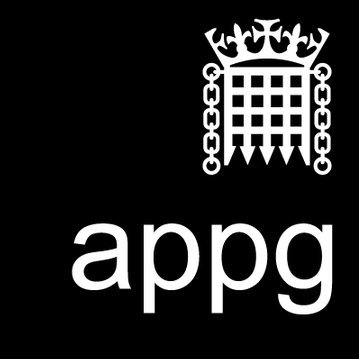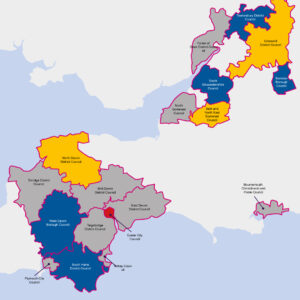What is an APPG?
All-Party Parliamentary Groups (APPGs) are informal cross-party groups that have no official status within Parliament. They are run by and for Members of the Commons and Lords, though many choose to involve individuals and organisations from outside Parliament in their administration and activities. (Parliament, 2021)
APPGs vary enormously in size and scope. Some focus on specific issues and form a coalition of support to help enact change regarding this issue. The Baby Loss APPG, for example, focuses exclusively on the issue of baby loss and brings together charities, groups and parliamentarians who have a specific interest in this topic. Other larger APPGs will cover a wide array of issues and often represent whole industries or even countries. The APPG for Beer and Pubs represents the food and drink industry and hopes to affect change, amend outdated or restrictive legislation, and bring about solutions to industry-wide issues. The Chair of this APPG famously earned the nickname The Minister for Fun.

Typically, APPGs will have a Chair, Officer, Supporter structure. Often an APPG is run by the officers, however, with larger and more complex APPGs an external agency, charity or individual is enlisted to help with the administration of the group. Some groups are more active than others, simply down to the nature of their interest.
More active groups typically hire an agency to assist in the running of the group. This will include the organisation of meetings, where the groups meet to discuss a particular policy issue or new development. Stakeholders and Parliamentarians are invited to these meetings to help create solutions and make progress towards the ambitions of the APPG. An APPG is also capable of hosting an inquiry into a pertinent matter or publishing a report.
What is its purpose?
APPGs can play a pivotal role in British democracy and create a forum, where business leaders and politicians from all parties can meet, discuss and act on issues. One such example is the APPG for Funerals and Bereavement, where the APPG was able to apply pressure on the Government to change the limit on mourners attending funerals during the Coronavirus pandemic. Whilst thousands of mask-less fans attended football stadiums, a limit still existed on the number of mourners allowed to attend a funeral. The APPG was able to create a coalition of support and successfully lobby the government to change this rule.
However, as is often the case with British democracy, APPGs have not avoided the brush of controversy. Most recently, the Chinese ambassador to the UK was banned from entering the Commons estate. He managed to gain access through his association with the APPG for China.
“I do not feel it is appropriate for the ambassador for China to meet on the Commons estate and in or place of work when his country has imposed sanctions again some of our members” – Sir Lindsay Hoyle, Speaker of the House of Commons.
The issue of access is one that permeates the discussion on APPGs. There have been concerns surrounding the level of access some businesses have to parliamentarians and how conflicts of interest are sometimes overlooked. This has led to The Committee on Standards to open an inquiry into APPGs. Although this is true in some cases, the vast majority of APPGs maintain excellent standards, integrity and bring together stakeholders to bring about solutions to real problems.
At JBP we proudly take on the responsibility for administering several APPGs. As the secretariat, we are responsible for the day to day running of these groups and help bring together interested parties, produce reports and host events, among other activities. We provide these services to; The APPG for Funerals and Bereavement, South West APPG and the All-Party Parliamentary Engineering Group.

Ben Croft Account Executive


